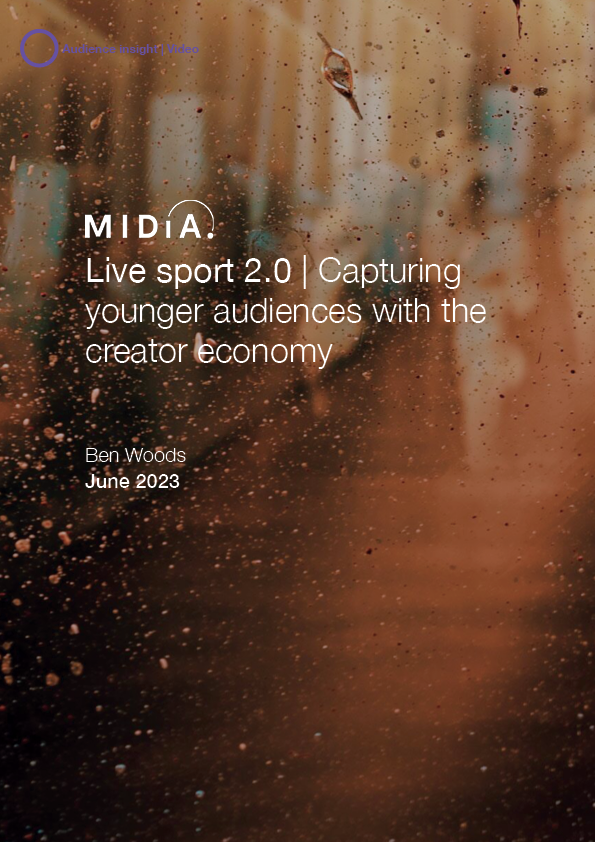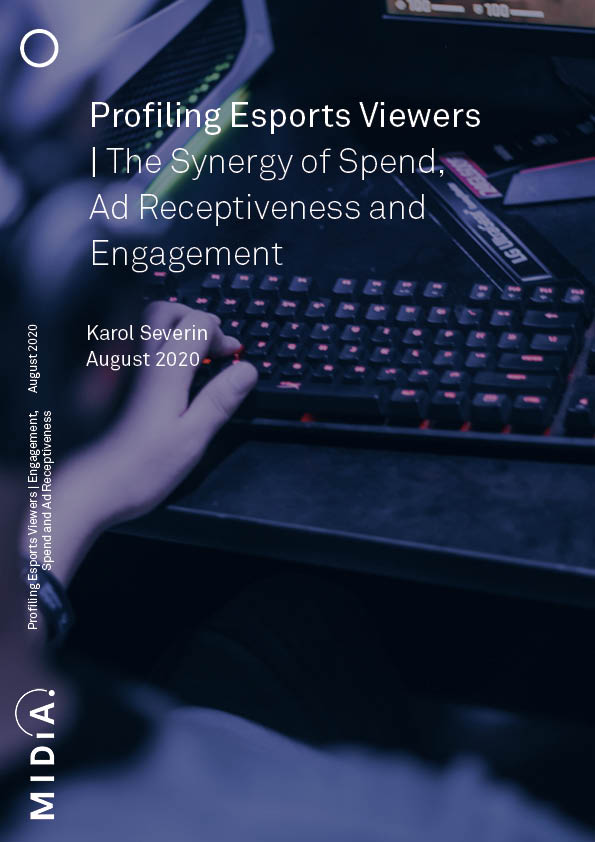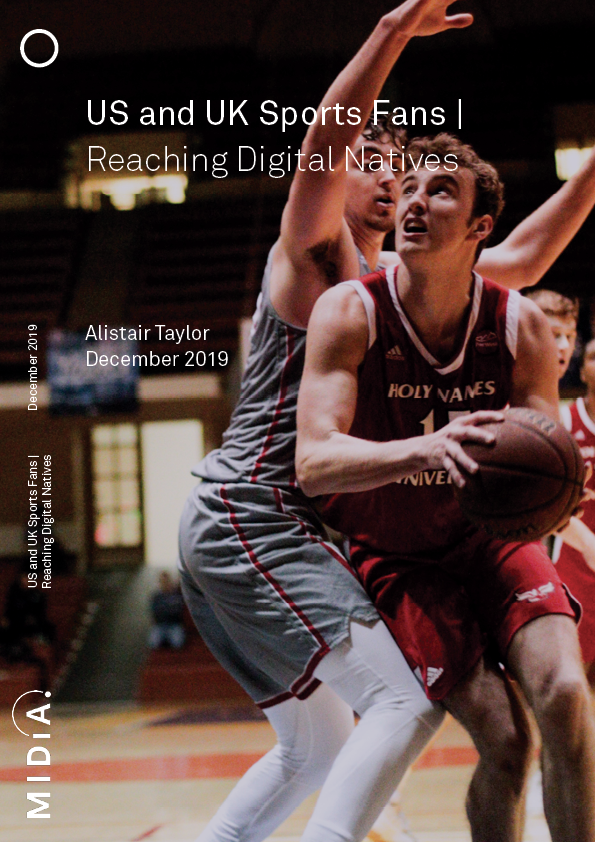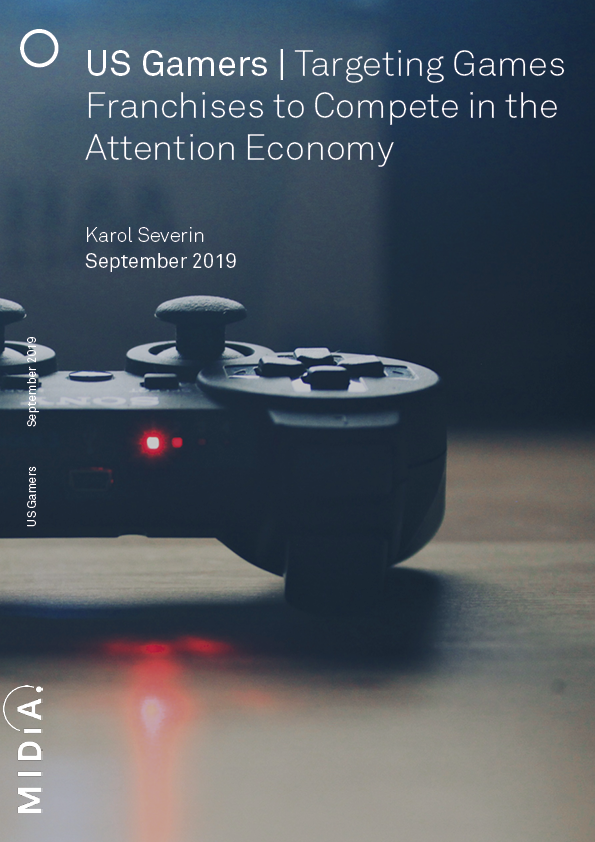
Reports: FIFA
Browse all of our reports, featuring our analysts' expert insights and analysis of audience segmentation, emerging trends and technologies, value chains, market shares, predictions and more – backed by our proprietary survey data and bespoke models & forecasts. Become a subscriber to get new ones every month, or just pick one to get started.


Live sport 2.0 Capturing younger audiences with the creator economy

Tipping point How in-game spending will eat the games world

Esports viewers update A valuable segment with a (solvable) growth problem

Getting serious about esports Identifying off-season digital engagement opportunities for sports

Sports audiences The Gen Z opportunity

Cultural Trends in 2021 Navigating a New Normal

Recovery Economics Post-Lockdown Sports

Profiling Esports Viewers The Synergy of Spend, Ad Receptiveness and Engagement

Sports Consumption Measuring COVID-19’s Impact

Recovery Economics Music, Games, Live Streams and the Future of Concerts

COVID-19 and the Vulnerability of Pure Play Sports Streaming Services

Sports Consumer Trends The Sun Sets on Pay-TV Dominance

Battle Royale The Monetisation Sweet Spot

US and UK Sports Fans Reaching Digital Natives

